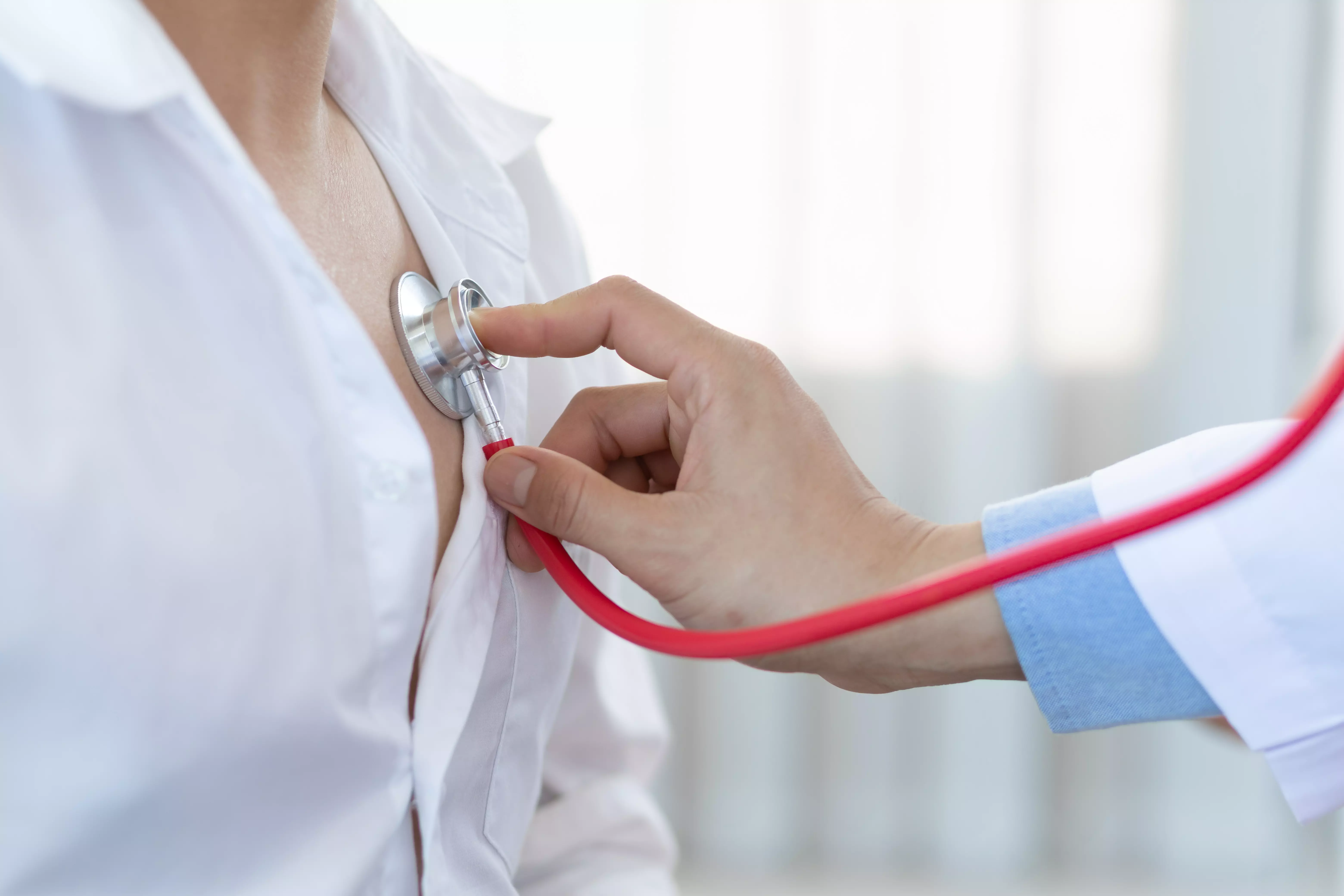Bird flu and the role of veterinarians in fighting the epidemic
Prevention of bird flu the role of veterinarians
In recent years, avian influenza has become one of the most serious threats to poultry farmers. It not only leads to significant economic losses, but also poses a serious threat to human health. In this article, we will look at the role of veterinarians in combating the avian flu epidemic and what preventive measures can be taken to limit the spread of the disease.
Diagnosis
Implementing bioassurance safeguards
To prevent the spread of avian influenza, veterinarians must implement appropriate bio-assurance safeguards on poultry farms. This means using hygiene measures to minimize the risk of infection. Examples of precautions include disinfecting tools and equipment, regularly washing and disinfecting premises, and limiting third-party access to farms.
One of the key elements of bioassurance is adequate isolation of infected birds. Sick birds must be given proper veterinary care and isolation must be observed. This is extremely important because infected or carrier birds can promote further spread of the virus.
Monitoring and control
Veterinarians are also responsible for monitoring and controlling the spread of avian influenza. This means regularly examining and testing birds on poultry farms and in surrounding areas. In addition, veterinarians should supervise the sale and transportation of poultry to prevent the virus from being transmitted to other areas. If infected birds are detected, veterinarians make sure that appropriate countermeasures are taken, such as culling all birds in the infected flock and using various disinfection methods.
Educational campaigns
An important aspect in combating an avian influenza outbreak is educating poultry farmers and the public about the disease. Veterinarians play a key role in organizing educational campaigns, during which they provide information on the symptoms of avian influenza, methods of prevention and the principles of bioassurance. It is also important for veterinarians to inform poultry farmers of their obligations in connection with reporting suspected or cases of avian influenza.
Conclusion
Veterinarians play a key role in combating avian influenza epidemics. With their knowledge and experience, they are able to quickly and effectively diagnose the disease, implement appropriate bio-assurance measures, monitor and control the spread of the virus, and organize educational campaigns. Their work is not only important for maintaining poultry health and protecting farmers, but also for preventing potential threats to public health. The proper role of veterinarians in the control of avian influenza is vital and should be appreciated by all involved in the fight against the disease.
